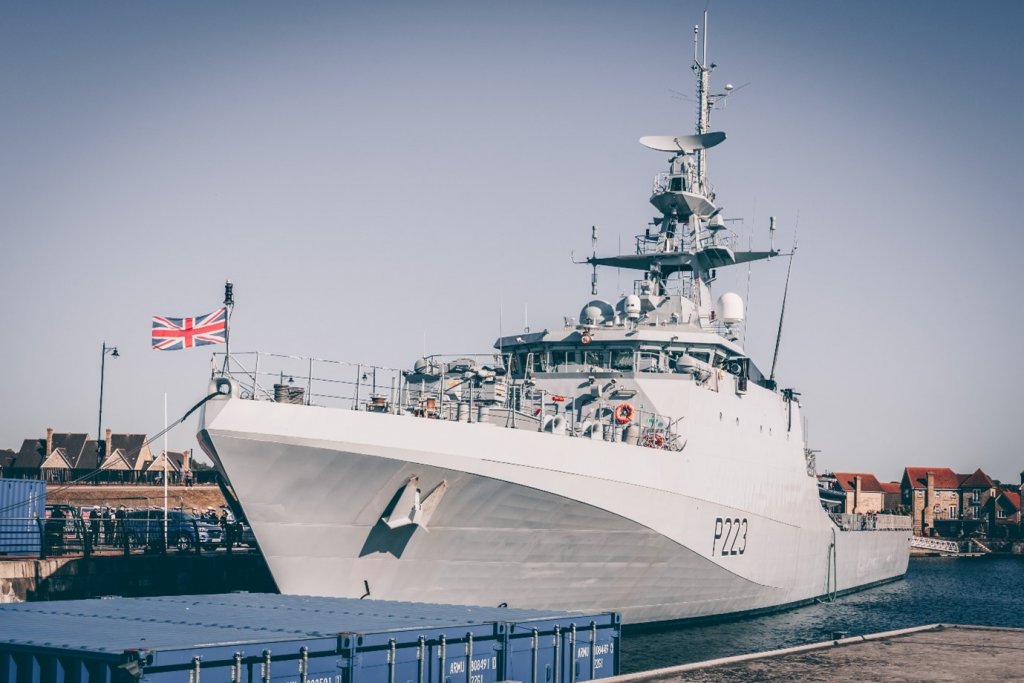With the Government adapting to a rapidly changing threat landscape at home and abroad, the UK’s defence and security represents one of the most challenging areas for businesses to navigate in increasingly uncertain times. Last week, the London Defence Conference saw policymakers, industry, and opinion leaders from across the sector consider how global geopolitics is changing the UK.
The Government charts an uneasy path for UK-China relations
March’s updated Integrated Review allowed the Prime Minister to subtly redefine the UK’s relationship with China. Since then, the Government has walked a tightrope; Ministers continue to highlight the existential security threat posed by Beijing whilst also encouraging cooperation across some economic and environmental issues.
Rishi Sunak used the London Defence Conference to reaffirm this view. He acknowledged that China represents an “epoch-defining challenge” to Western democracies, but added that Beijing “has both the means and intent to reshape the global order.”
The Prime Minister is right that China cannot be ignored. However, his pledge for a “particularly robust approach” to protect “a limited number of very sensitive sectors” from Chinese investment creates uncertainty for industry leaders. Business needs a clear, ambitious framework from Government that spells out how it will safeguard national security while future-proofing long-term investment in key industries such as quantum and semiconductors. This will not only support the UK’s defence and security industry, but more broadly improve the UK's overall investment competitiveness.
Defence procurement questions remain for Labour
Under previous leadership, Labour was bitterly divided on defence policy. In contrast, just over one year left until the next General Election, Sir Keir Starmer and Shadow Defence Secretary John Heeley have transformed the Party’s view of the UK’s domestic and international security.
Healey used his keynote to reaffirm Labour’s commitment to a British foreign policy that is outward-facing and engaged with partners in the international community. Key to this was saying that, under Labour, the USA remains the UK’s closest and most important security ally. However, rebuilding relations with important European allies in the wake of Brexit through bilateral pacts would be an important element of Labour’s defence policy.
Labour and Healey will have to reconcile their wishes for a closer relationship with the US and their desire to “buy, make and sell more in Britain” as part of their drive for greater social value from defence. With the Party keen to emphasise the need for strong domestic manufacturing capability, business must articulate the importance of balancing the need for a strong sovereign supply chain with the role that ‘off-the-shelf’ procurement plays at times of crisis. When engaging with Labour, either in Government of Opposition, outlining value for money and social value will be critical.
Innovation the key to the future of UK defence
With foreign powers investing in and testing new technology that will revolutionise the battlefields of the future, the Government must take critical decisions over the coming months to ensure the UK has the best tools to address future challenges. To help make these decisions, established ‘primes’ and capability specialists from across the industry will need to clearly articulate how their technology will ensure the UK remains at the vanguard of Western defence for decades to come.
We can see what the future of defence will look like, as it is playing out in Ukraine today — while UAV and Cyber retain a key role, the conflict has shown that battles are still fought and won on land. All eyes across industry remain focused on the Ministry of Defence. The updated Integrated Review gave strategic direction to the UK’s defence and foreign affairs policy, and the upcoming Defence Command Paper will need to explain how the UK will look to invest in new capabilities and platforms to match the Government’s ambition.








